BLOG
Boombox Overdubs
Here's an attempt to encapsulate my experience in audio prior to actually “knowing" what I was doing. It might seem sub-rudimentary, but some of these events helped form a basic understanding of audio engineering and created an entry point for me to begin exploring further.
My first memory observing interactions between music and technology came shortly after buying my first guitar. My brother and I shared a JVC R M60 boom box that we often utilized to create mixtapes of Chris Sheppard and Deadly Hedley's late night DJ sets on CFNY. Firstly, ripping mixtapes from live radio provided a valuable lesson in editing. More importantly, it was when I started recording my acoustic guitar through the JVC’s built-in microphone that things became interesting.
I enjoyed playing riffs and singing along with the recordings I made. So when we acquired a second boombox, something suddenly occurred to me - it also had a built-in microphone! So I found another blank tape and put it in the second machine. I pressed play on one, hit record on the other and BINGO! Lesson one in overdubbing complete at age twelve!I converted the basement of my parents home into a jam space with a full-blown PA system and connected the mixing console to a stereo tape recorder. I would often make live recordings straight to two-track cassette. When I was happy with a song, I would rent out a Tascam Portastudio 424 or a Fostex FD-8 digital recorder, patch it into the console and experiment with multi-tracking. I’ve hidden those tapes in a box somewhere far away, hoping they never resurface!
I wish I had done more homework at the time and learned how useful these machines could be. For instance, I could have read up on what George Martin and Les Paul were doing with multi-channel tape recorders in the 50’s and 60’s. I was simply too caught in the moment of creating something cool to be bothered with research (eventually I'd start my homework at age thirty-two after enrolling in the Electroacoustic Studies program at Concordia). With the introduction of digital recording, I abandoned the idea of using multi-track tape recorders completely and focused on learning how to put computers to work in the studio.
My memories of those early experiments are quite vivid; playing around with cassette tapes, making songs in my parents’ basement, and driving around with friends listening to them on the car stereo. Come to think of it, maybe I will dig up those old tapes after all and have another listen. I’ll just need to get my hands on a cassette player first...
Starting From the Ground Up
After an amazing two years at Revolution Recording studios in Toronto and becoming a new father to a beautiful baby boy, I have found myself (once again) starting from the ground up. Welcome to my new journey!I'm planning to use this blog as a means to revisit and reinforce some of the incredible things I have learned over the past ten years working in music and audio. Starting from my early approaches to producing my own music, attending the Electroacoustic Studies program at Concordia University, freelancing with some amazing up-and-coming musicians, working as a live sound engineer, up to my most recent experience working in a world-class recording facility.My goal is to approach each blog post linearly, as if I were dicovering these ideas for the very first time. Obviously there will be posts that travel through time, shifting around discretely as we do in the cut and paste world of digital audio. Some posts might be totally organic - analog, if you will - as I continue to discover new concepts and techniques. Regardless how it's organized, I intend to approach this blog as a learning tool for both myself and others who read along.So with that said, it's now time to start digging through old journals, archived recordings, university course notes, input lists, stage plots, session documentation and any other notes or scribbles. I've been meaning to do this for a long time, so hopefully the outcome might prove useful to myself and other readers looking to revisit the fundamental concepts used in audio engineering.Cheers!James


